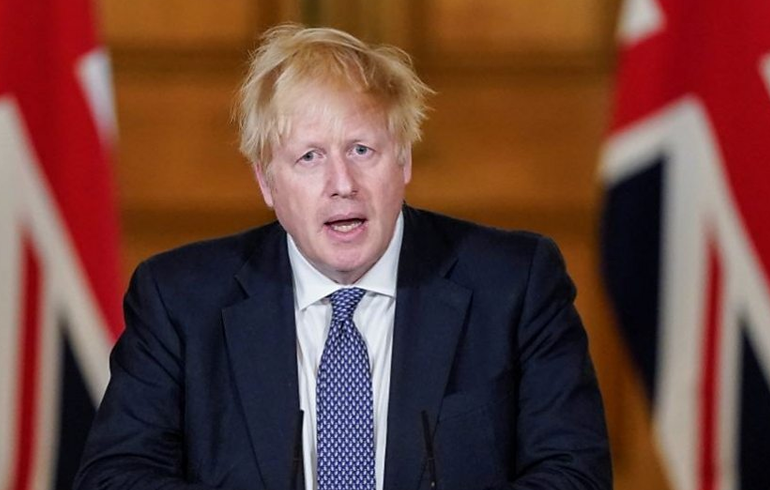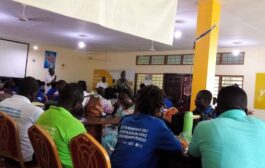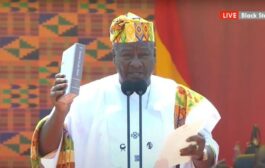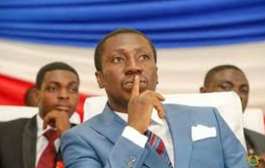Boris Johnson has “corrected” European Council President Charles Michel over his claim that the UK had imposed a “outright ban” on the export of Covid-19 vaccines.
Speaking at Prime Minister’s Questions, Mr Johnson said the country had “not blocked” the sale abroad of “a single vaccine or its components”.
Mr Michel had said his claim about the UK’s position was based on “facts”.
An EU official was summoned to the Foreign Office to explain his remarks.
The argument over vaccines comes at a time when European leaders are under pressure over the slow distribution of jabs.
In the UK, meanwhile, more than 22.5 million people – around a third of the population – have received their first dose.
Mr Johnson told MPs he was “proud” of the progress made, adding that the UK had also donated £548m to the Covax initiative, set up to distribute vaccines to poorer countries.
“I therefore wish to correct the suggestion from the European Council president that the UK has blocked vaccine exports,” he said.
“Let me be clear: we have not blocked the export of a single Covid-19 vaccine or vaccine components.”
Mr Johnson said he was against “vaccine nationalism in all its forms” and called on all countries to “work together to tackle this pandemic”.
In his weekly briefing note on Tuesday, Mr Michel said he was “shocked” to hear the EU being accused of “vaccine nationalism” following changes made to export rules earlier this year.
“Here again, the facts do not lie,” he wrote. “The United Kingdom and the United States have imposed an outright ban on the export of vaccines or vaccine components produced on their territory.”
After the UK government raised objections, Mr Michel tweeted that there were “different ways of imposing bans or restrictions on vaccines/medicines”. But he did not elaborate on this.
At the European Commission’s press briefing in Brussels, a spokesman declined to comment on Mr Michel’s statements.
He added that Mr Johnson and Commission President Ursula von der Leyen had had a phone call “some time ago”, during which he had “assured her that the UK did not have any issue when it came to the delivery of vaccines to the European Union”.
The EU’s deputy ambassador to the UK, Nicole Mannion, had a meeting at the Foreign Office on Wednesday morning for “further discussions”.
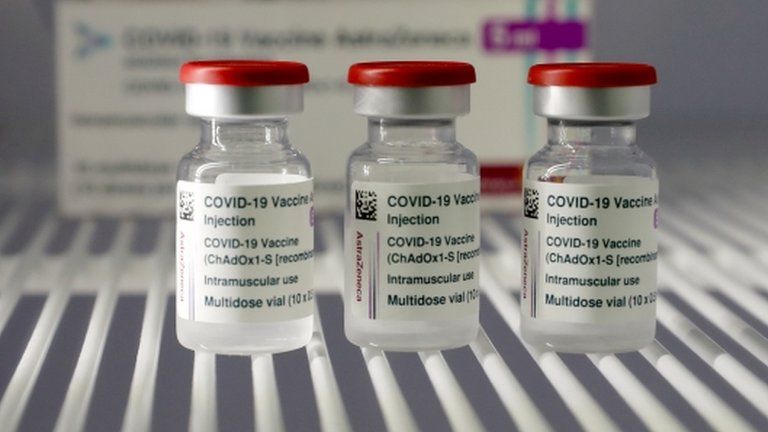
The EU has faced production problems with the Pfizer-BioNTech, Moderna and Oxford-AstraZeneca vaccines.
In January, it introduced a system of controls on exports, requiring manufacturers to seek permission from national governments for planned sales.
The EU also drafted regulations which would have overridden the Northern Ireland Protocol – agreed with the UK last year – potentially allowing it to stop vaccines bound for Northern Ireland.
But it backed down following widespread criticism.
Source: BBC



